Russia officially supports VIETNAM’S path to BRICS
In a significant development in global geopolitics, Russia has officially expressed its support for Vietnam’s bid to join the BRICS bloc. This announcement is a major step forward for Vietnam, marking a key moment in the nation’s growing influence on the global stage. As international relations continue to evolve, the BRICS alliance—comprising Brazil, Russia, India, China, and South Africa—has become an important symbol of the shifting dynamics in world economics and politics. Vietnam’s interest in joining BRICS has sparked both regional and international attention, as it signals the country’s aspirations to deepen its involvement in global governance and economic cooperation.
The Importance of BRICS in Global Politics and Economics
BRICS has emerged as a powerful collective of emerging economies, collectively representing a significant portion of the global population, land area, and economic output. Originally conceived in 2006 as a forum for cooperation between Brazil, Russia, India, and China, the group expanded in 2010 to include South Africa. Together, the five members of BRICS account for approximately 40% of the global population and around a quarter of the global GDP.
Over the years, BRICS has established itself as an important counterbalance to the economic dominance of Western powers, particularly the United States and the European Union. The group has focused on fostering economic growth, enhancing trade, and advocating for a more inclusive global financial system that better reflects the interests of emerging economies. The potential expansion of BRICS with the inclusion of new members such as Vietnam would further strengthen its position in international affairs and create new opportunities for economic collaboration.
Vietnam’s Growing Role in Global Affairs
Vietnam has steadily strengthened its presence on the global stage over the past few decades. As one of the fastest-growing economies in Southeast Asia, the country has become a key player in regional trade and a strategic partner for countries looking to expand their influence in the Asia-Pacific region. Vietnam’s consistent economic growth, coupled with its commitment to regional stability and peace, has positioned it as an ideal candidate for joining BRICS.
Vietnam’s economic achievements have been impressive, particularly its successful integration into global supply chains, which has made it a vital hub for international trade. The country’s manufacturing sector has attracted significant foreign investment, while its growing tech and digital industries show promise for further expansion. Vietnam’s open market policies and dedication to economic reforms have earned it respect in both regional and global economic circles.
Beyond economics, Vietnam has also taken a more assertive role in global geopolitics. The nation has been vocal in advocating for a more inclusive and multipolar world order. It has consistently pushed for the reform of international institutions such as the United Nations and the International Monetary Fund (IMF) to better reflect the interests of emerging economies.
Vietnam’s efforts to strengthen its ties with Russia, China, and other BRICS members are seen as a natural extension of its diplomatic goals. As Vietnam continues to diversify its international partnerships, joining BRICS would offer the country new opportunities to engage with like-minded nations and enhance its standing in global affairs.
Russia’s Strategic Support for Vietnam’s BRICS Membership
Russia’s endorsement of Vietnam’s BRICS aspirations is a critical development in the broader context of international relations. As one of the founding members of BRICS, Russia has been instrumental in shaping the direction of the group and promoting the inclusion of emerging economies from various regions. Moscow has long sought to expand the influence of BRICS and position it as a counterbalance to Western-led organizations, such as the G7 and the World Bank.
Russia’s support for Vietnam reflects a broader strategy to strengthen ties with Southeast Asia and diversify its international partnerships. The Russian government views Vietnam as a valuable partner in the region, especially in the context of the increasingly complex dynamics in the Asia-Pacific. By supporting Vietnam’s BRICS membership, Russia aims to solidify its role as a key player in the region and enhance its influence in the global economic and political landscape.
In recent years, Russia and Vietnam have deepened their cooperation in various fields, including energy, defense, and trade. The two countries have signed several agreements aimed at boosting bilateral ties, and Russia has been a significant supplier of military equipment to Vietnam. The growing alignment between the two nations makes Vietnam’s potential inclusion in BRICS a natural extension of their shared interests.
Moreover, Russia’s endorsement of Vietnam’s BRICS membership could signal a shift in the balance of power within the group itself. As the BRICS bloc continues to evolve, the inclusion of Vietnam could introduce new perspectives and priorities, particularly in terms of Southeast Asia’s economic and strategic interests. This could further reshape the group’s agenda, making it more inclusive and representative of the diverse interests of emerging economies worldwide.
The Potential Impact of Vietnam Joining BRICS
If Vietnam is successfully inducted into BRICS, it would mark a significant shift in the group’s composition and global influence. The inclusion of Vietnam would not only strengthen the economic ties between BRICS and Southeast Asia but also provide the group with greater access to the dynamic and fast-growing markets of the Asia-Pacific region. Vietnam’s strategic location, well-established trade routes, and rapidly developing economy would make it an invaluable addition to the BRICS bloc.
For Vietnam, joining BRICS would open new avenues for trade, investment, and diplomatic engagement. It would provide the country with greater access to markets in Brazil, Russia, India, China, and South Africa, as well as strengthen its position in global governance discussions. Moreover, Vietnam would gain a stronger voice in the reform of global institutions and be better positioned to influence international policies that affect emerging economies.
On a regional level, Vietnam’s accession to BRICS could also have significant implications for Southeast Asia. As the first Southeast Asian country to potentially join the group, Vietnam could serve as a bridge between BRICS and the broader Asia-Pacific region. This could pave the way for greater cooperation between BRICS and ASEAN (Association of Southeast Asian Nations), further enhancing the region’s role in global trade and diplomacy.
In Conclusion
Russia’s official support for Vietnam’s bid to join BRICS marks a pivotal moment in the evolution of the group and in Vietnam’s international journey. As both nations continue to deepen their partnership, the prospect of Vietnam joining BRICS offers new opportunities for economic growth, geopolitical influence, and global cooperation. The inclusion of Vietnam could help reshape the dynamics of the BRICS bloc, making it even more representative of the diverse and emerging economies of the world. As the world continues to move toward a more multipolar and interconnected future, Vietnam’s potential membership in BRICS represents a significant step in the ongoing reconfiguration of global power structures.
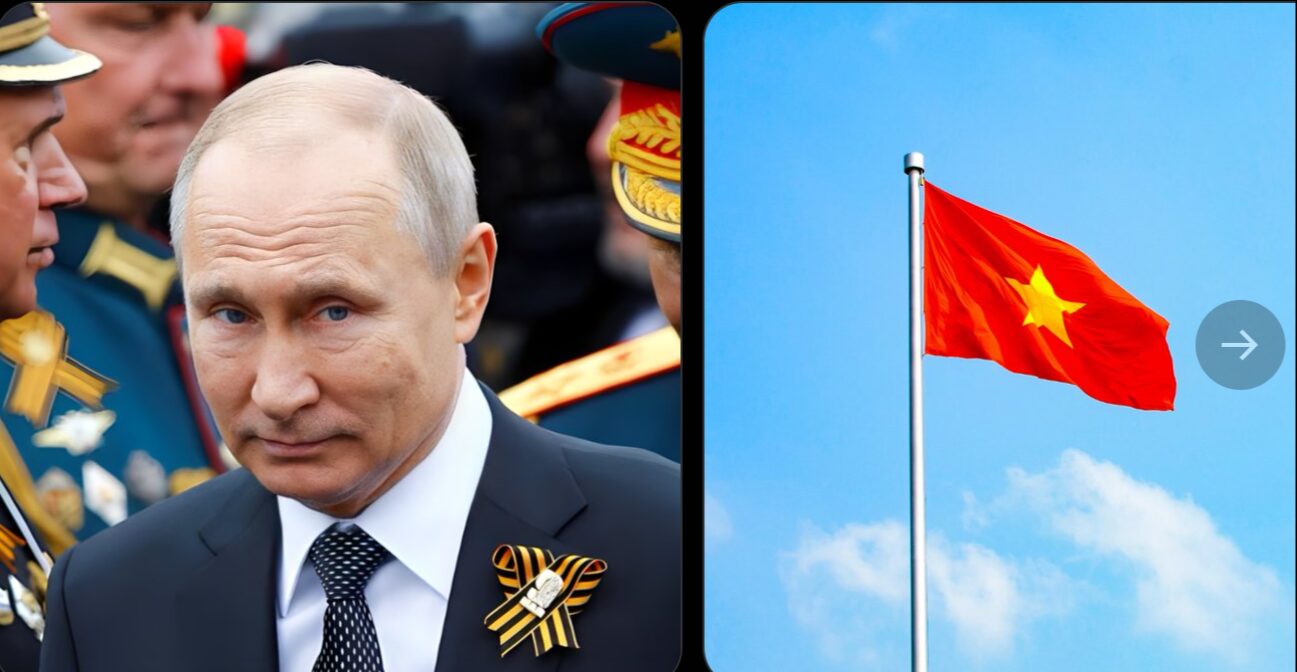
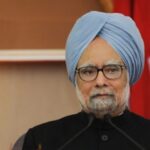
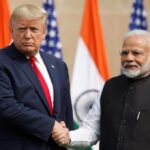

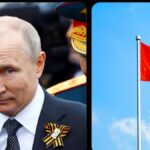



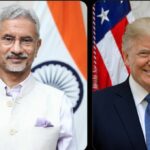








Post Comment